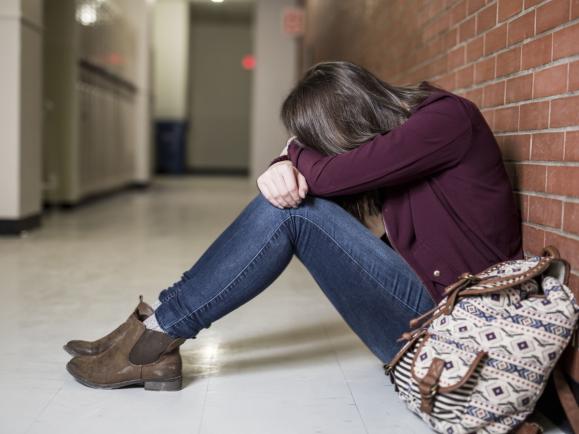
One author is ringing the alarm for parents against being overly reliant on therapy, arguing that the increasing dependence is creating a generation of helpless kids and is counterproductive to improving their mental health. Abigail Shrier, author of Bad Therapy: Why Kids Aren’t Growing Up, recently joined ‘The Brian Kilmeade Show’ to talk about the risks linked with showering kids with unnecessary therapy and how that affects them in the long run.
Shrier told Brian Kilmeade that no one has gotten more therapy than the rising generation. She added that no one has had more psych meds, and no one’s had more discussions about feelings, therapeutic parenting, therapeutic intervention in school, or social-emotional learning, saying all of this isn’t doing kids any good. In fact, she argues that it’s counterproductive and is making them worse. Shrier stressed that the number of people suffering from disorders and other struggles hasn’t declined despite more access to therapy.
This is why Shier says that although they’re well-intentioned, mental health professionals aren’t actually helping the mental health crises among America’s youth. She said, “The mental health experts are claiming, ‘Oh, we’re just the firemen. We’re just responding to the fire.’ Not true.” She called mental health experts the arsonists, claiming that they’ve been doing preventative mental health care for a generation now, flooding children with therapeutic methods and techniques and mindfulness and wellness techniques. According to Shrier, no one is getting better, and instead, more diagnoses have been made, with 42 percent of them having a mental health diagnosis.
She continued, “They’ve been in treatment now for a generation, and you know what? The self-focused, the feelings-focus and the dependence on mental health experts that parents have to raise their kids. It’s not helping.” Ultimately, Shrier believes that the children who get the most necessary mental health treatment are less likely to want to take risks because they don’t have the same type of independence that other kids have. When Kilmeade asked what the surge in mental health resources is robbing children of, Shrier responded, “Efficacy. Feeling like I can do this. I can figure it out. I can take a risk.”
Shrier continued, “They’re so afraid of trauma. They think they can’t. They think they’ve been bullied. They think they’ve been traumatized. These kids think they have PTSD if they get dumped.” As a result, the situation has created children who have everything from “PTSD” to “menu anxiety” as a result of the over-saturation. She emphasized the importance of kids being able to take risks and learn responsibility, which can be etched in them through things like chores and empowering them to make decisions for themselves.
According to Shrier, society has let kids become so frantic and worried. Then, we bring in these mental health experts, who are supposedly the solution. They’re not the solution. They’re worry-makers, and they’re creating the problem. She emphasized that psychiatric medication and therapy are necessary in some cases for kids but cautioned parents about the risks. Shrier concluded, “What I want parents to know is not that therapy is never appropriate, not that psych meds are never appropriate, but every medical intervention and every drug comes with risk, and therapy does too.”

